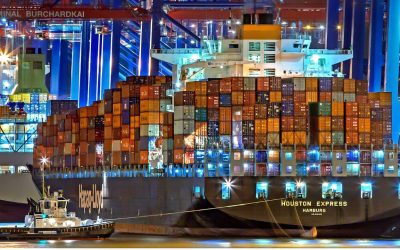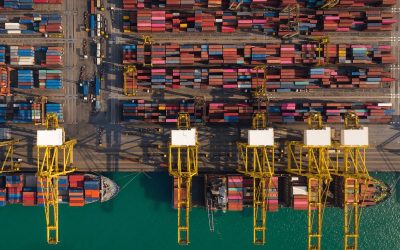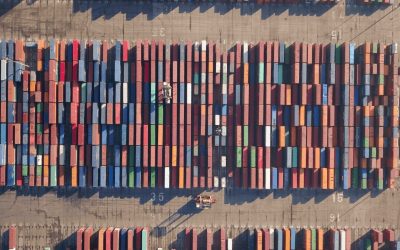Timely delivery is increasingly relevant for customers. To achieve that, you need to get your last-mile delivery right. Learn why this segment is important and its most essential aspects.
Last-mile delivery may be the difference between successful and failed logistics operations. In the past few years, customers have increased their expectations for merchandise tracking and delivery timeliness, especially for high-value-added goods used in daily operations like tech gadgets, electronics, and similar components.
‘Last-mile delivery is essential for those products, because it requires a lot of coordination, as delivery points are data centers with several delivery requirements,’ explains Estefanía Sisatzky, Aerodoc’s Sr. VP of OPS & Customer. ‘Customers have come to increasingly appreciate things such as carefully handling the product and protecting the merchandising against security issues in complex countries such as Venezuela or Mexico,’ she adds.
The newfound importance of last-mile delivery was the driver behind the Last Mile Delivery Conference, which gathered the industry’s leaders to analyze its present and future. According to industry experts, a single failed delivery – a missing parcel or shipments that do not meet expectations – is enough to damage a brand’s reputation.
Last-Mile Delivery: Key Aspects
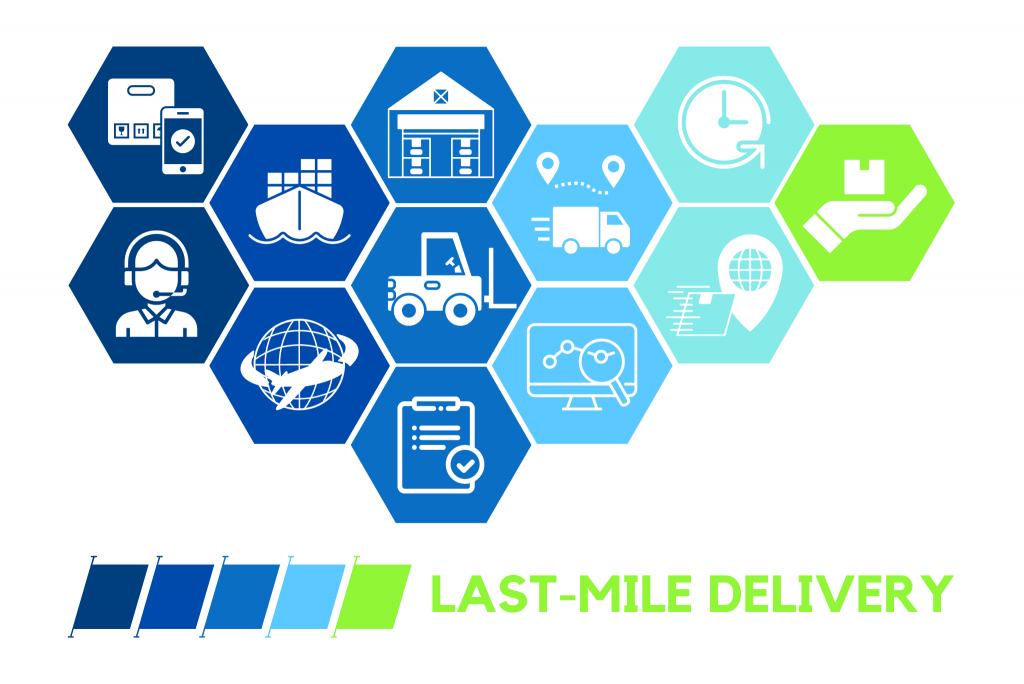
Last-mile delivery is the final stage of a product shipping process between the hub or distribution center that receives the merchandise to its consumer or final destination.
According to international data consultancy Statista, the last-mile delivery market surpassed $125 billion in volume in 2021 and is estimated to reach $200 billion by 2027.
‘With the evolution of new technologies that perform better and faster, consumers’ expectations have increased. Nowadays, people even seek same-day delivery, whereas in the past they used to wait for 4 to 5 days,’ says GlobeNewswire, an information distribution global chain, adding that ‘this rise in consumers’ expectations has driven growth and improvement in the global last-mile delivery market.’
In this sense, international consultancy firm Allied Market Research explains that ‘last mile delivery aims to deliver items to customers as quickly as possible while minimizing company costs [and] may account for more than 50% of the total shipping cost.’
This is even more relevant for tech and electronics shipments. In many cases, the daily operations of logistics service customers depend on timely deliveries, which requires carefully assessing factors such as product type, delivery routes, and road conditions, especially in countries with less developed communications and road systems.
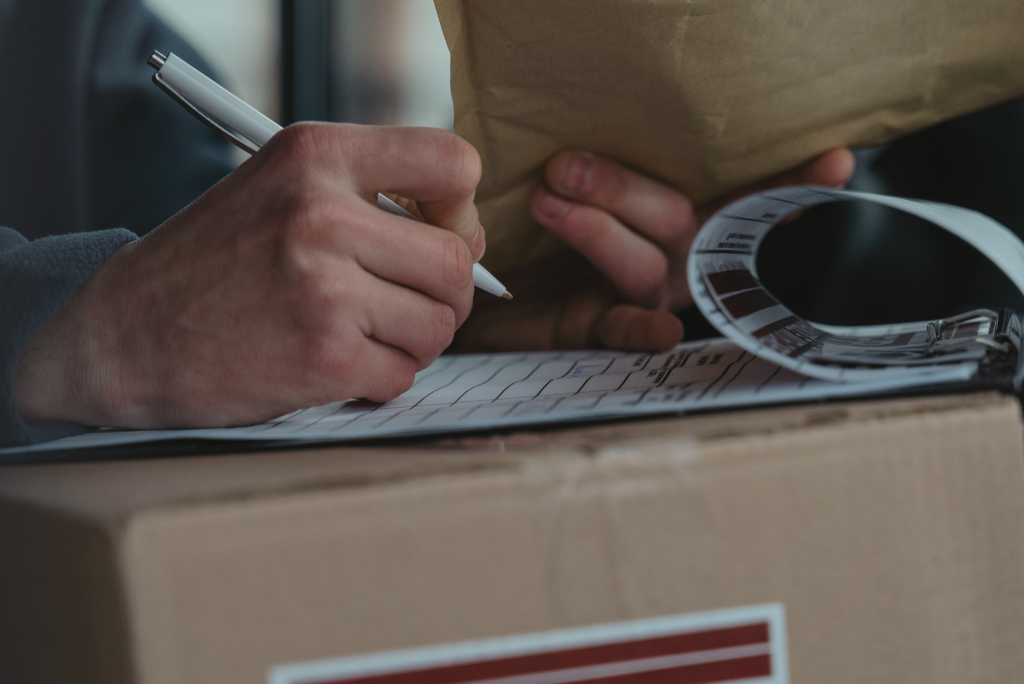
The Key to A Successful Last-Mile Delivery
As last-mile delivery becomes increasingly essential, it’s finding more and more hurdles. Due to the COVID-19 pandemic and other events such as the Russian invasion of Ukraine, 75% of companies reported supply chain disruptions during 2021, according to data from the Last Mile Delivery Conference.
Global management consultancy firm McKinsey points to these events as the reason why ‘consumers, especially millennials, are willing to pay up to 30% more for same-day delivery and even more for guaranteed delivery. The biggest priority is ensuring successful shipments in such a complex scenario.
‘That requires domestic logistics expertise in the countries of destination,’ Sisatzky says, adding that ‘Aerodoc provides that thanks to its 25 years’ experience, its operational team that coordinates activities in a centralized way from our hub, and our network of best-suited providers for each service delivered domestically after the merchandise reaches the country of destination, following our Service Delivery standards.’
According to Allied Market Research, this ensures good customer service: ‘Logistics needs a solid infrastructure, supply chain, and trade facilitation. Without that, companies are forced to stockpile goods and working capital, which may strongly impact national and regional competitiveness due to high financial costs.’
The firm also highlights that ‘the lack of infrastructure is a hurdle for the logistics market, as it increases costs and reduces supply chain reliability, including significant inefficiencies in transport, poor condition of storage infrastructure, complex tax structures, a low rate of technology adoption, and poor skills of logistics professionals,’ adding that ‘the lack of skilled workers, IT standards, and equipment, as well as a poor system integration, have been among the key reasons for the underdevelopment of the overall supply chain.’

Aerodoc’s expertise is essential to prevent these issues. Furthermore, the company is constantly implementing new technologies to ensure international shipments are successfully delivered, focusing on last-mile delivery. Tech and expertise are not only keys for the delivery itself but also the coordination required to make a successful last-mile delivery happen. ‘That’s something that cannot be neglected or downplayed,’ Sisatzky concludes.


